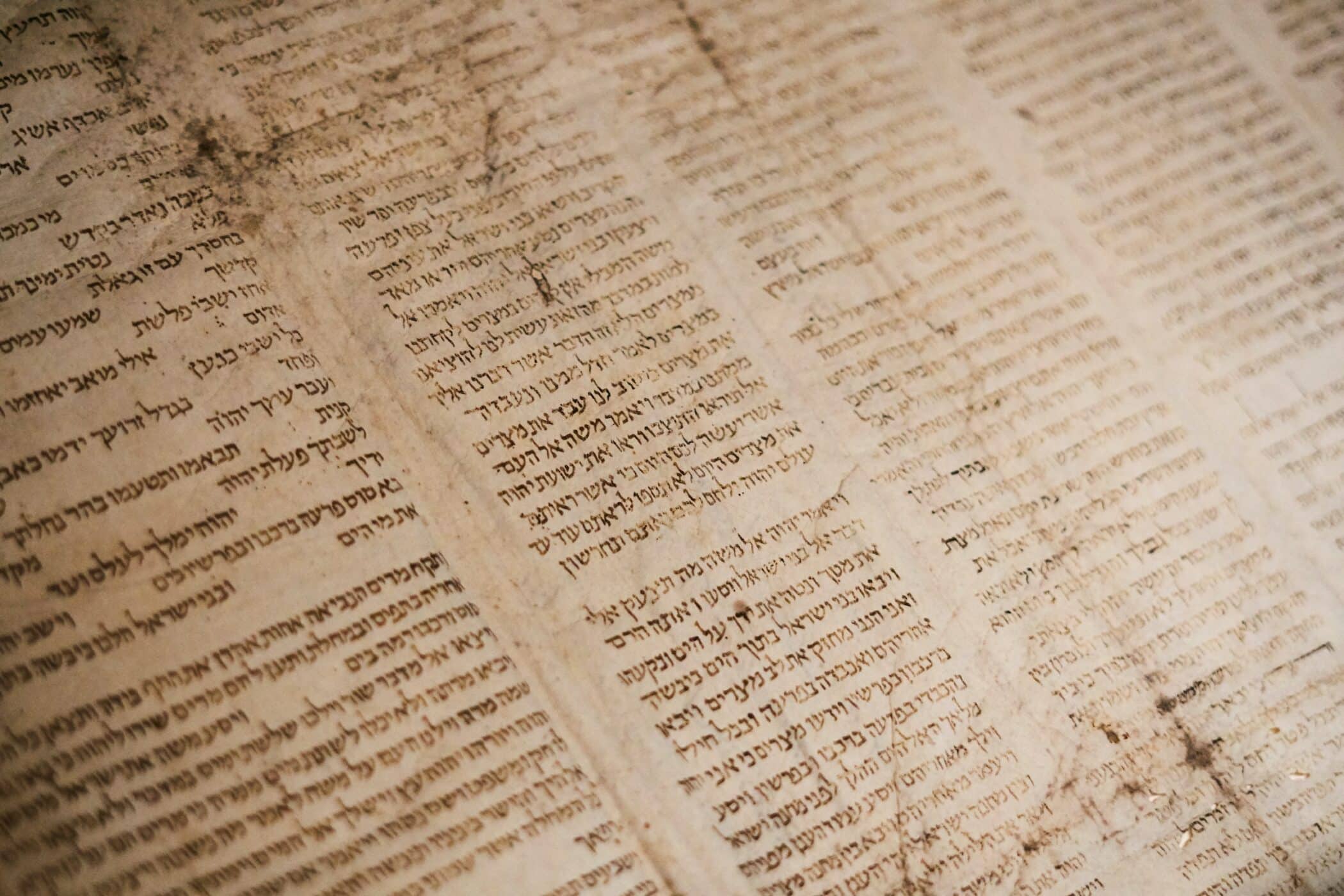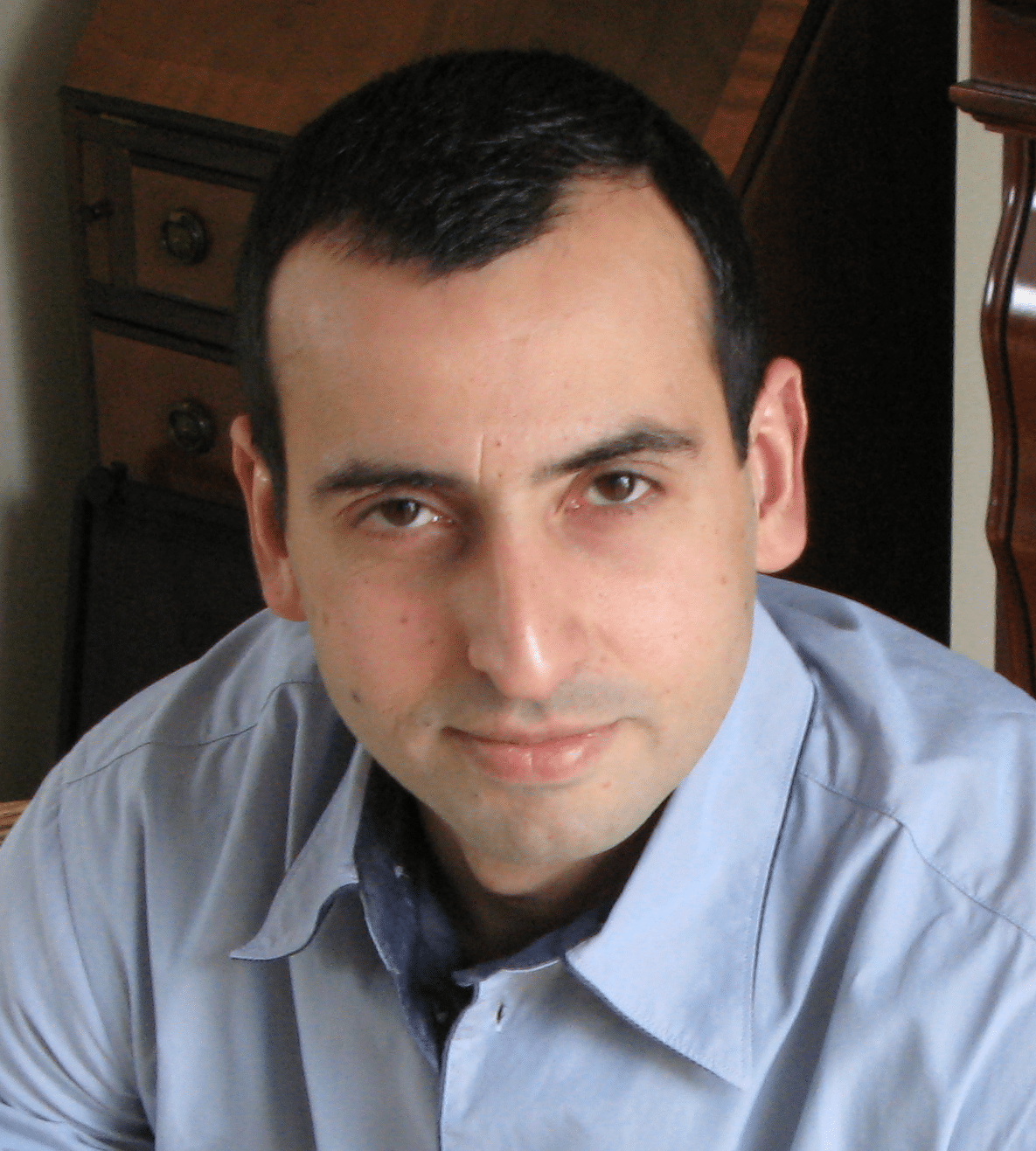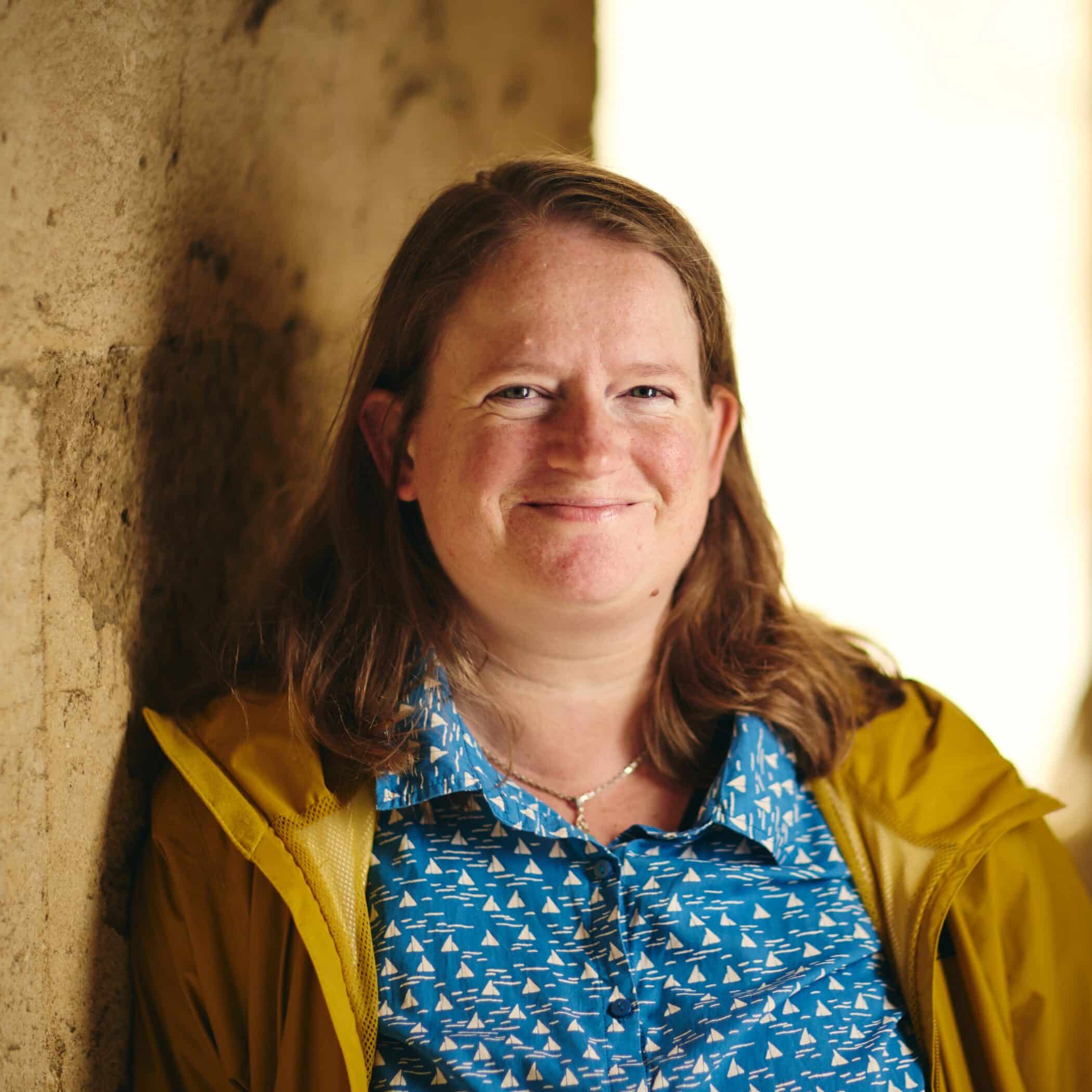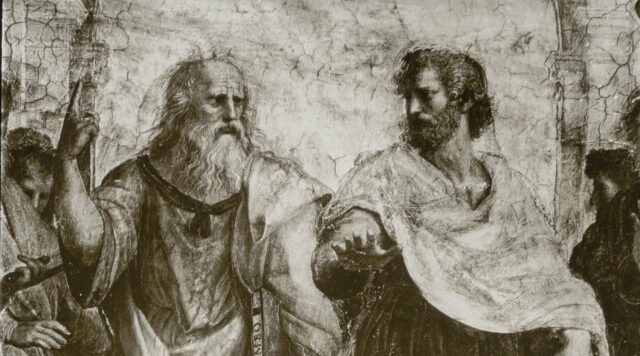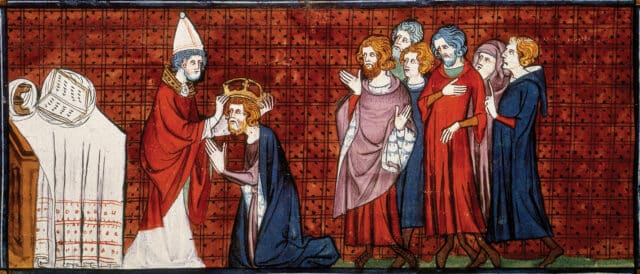Course overview
BA Theology and Religion
BA Philosophy and Theology
Typical intake: 6
As a challenging all-round degree which tests competence in literary, linguistic, historical and conceptual skills, Theology & Religion has a strong tradition at Worcester.
Its former members include well-known contemporary theologians and academics, although our graduates have also pursued careers in teaching, social work, banking, law, personnel management, the media, and the civil service. The range of disciplines that may be encountered on the course makes study vibrant and challenging and means that our graduates are versatile and equipped with a variety of skills.
Course structure
Usually, six undergraduates per year are admitted to read Theology and Religion or Philosophy and Theology. Depending on the choice of papers, over half the teaching is provided by the College. First-year students in Theology and Religion study four compulsory papers to be examined at the end of the summer term. These papers prepare them for their second and third years by showcasing the disciplines, methods, sources and debates of three core subject areas:
- Introduction to the Study of the Bible
- The Figure of Jesus through the Centuries
- Religion and Religions
In addition to this, students study one language paper (New Testament Greek, Biblical Hebrew, Church Latin, Qu’anic Arabic, Pali, or Sanskrit). First-year students in Philosophy and Theology take Jesus through the Centuries and another Theology paper, alongside two Philosophy papers introducing Philosophy Logic and Moral Philosophy.
For undergraduates in Theology and Religion, second and third years may choose from a wide variety of papers in the following major subject areas:
- Biblical Studies
- Systematic Theology and Ethics
- History of Religions
- Religion and Religions
Students take four papers in their second year and three papers in their third year, as well as writing a 12,000 word thesis on an individually chosen subject, working under the guidance of a tutor who will advise in the preparation and presentation of a particular research project.
All undergraduates in Philosophy and Theology take eight papers (between three and five in each of Theology and Philosophy) over the course of their second and third years, including a compulsory paper in the Philosophy of Religion. As one of these eight, students may choose to offer a thesis in either discipline. Most paper options are assessed by written examination at the end of the third year although some papers, including the thesis, are examined through submission of written work. A wide variety of teaching methods is used, ranging from tutorials to classes and lectures.
Tutors
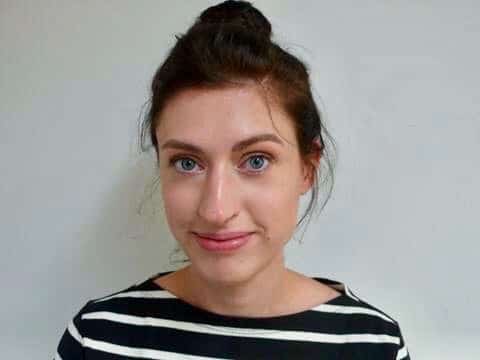
Fellow & Tutor in Theology and Religion
Dr Laura Quick
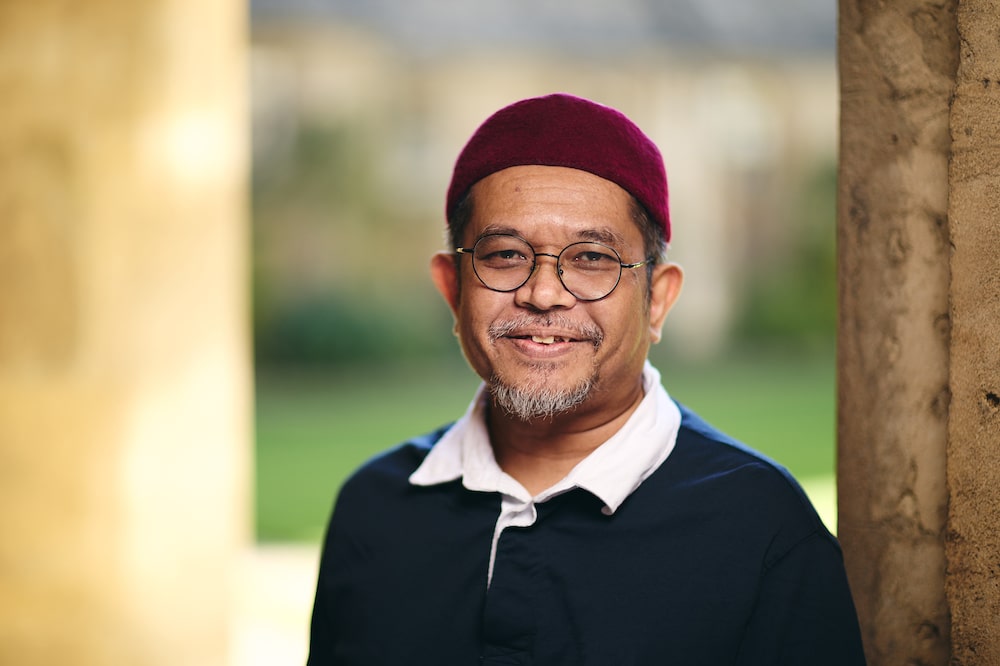
KFAS Fellow in Islamic Studies & Lecturer in Theology
Dr Afifi al-Akiti

Senior Research Fellow & College Lecturer in Early and Modern Christian Doctrine
The Revd Canon Dr Peter Groves

College Lecturer in Theology
Dr Phillip Lasater

College Lecturer in Theology
Dr Mary Marshall
Teaching
The College offers specialist teaching through the following tutors:
- Dr Laura Quick organises the overall teaching of Theology and Religion and teaches all aspects of Old Testament literature, language, history, archaeology, and religion. She is currently researching sex and gender in biblical literature and specialises in a feminist approach to the study of the Bible.
- Dr Peter Groves is our Lecturer in Theology. He has recently written a book on the Christian concept of grace and has a particular interest in theology and poetry, having published a number of papers on the Jesuit poet Gerard Manley Hopkins, as well as on topics in contemporary theology.
- Dr Mary Marshall is our Lecturer in New Testament and also teaches for the Faculty of Theology and Religion. She specialises in study of the Gospels, particularly within their Jewish contexts.
- Dr Afifi al-Akiti is our lecturer in Islam and teaches all aspects of Islamic theology, philosophy and science and Muslim law.
- Dr Phillip Lasater is our lecturer in Hebrew Bible, and is working on a range of subjects including law, fear, selfhood, and authority in biblical literature.
For Philosophy and Theology, specialist teaching is provided, mainly within College, for the various philosophical elements of the course (see the entry on Philosophy).
Applying
We advise coming to a College Open Day if possible, which offers the opportunity to meet tutors and students and learn more about the course. Candidates are welcome to apply before or after A-level (or equivalent). It is not necessary to have studied the subject previously. Literature and history are useful, but candidates come from a wide variety of additional disciplines. Because the language component is still compulsory for the first three terms, it is an advantage to have demonstrated a real ability in languages, whether at GCSE or A-level (or equivalent).









